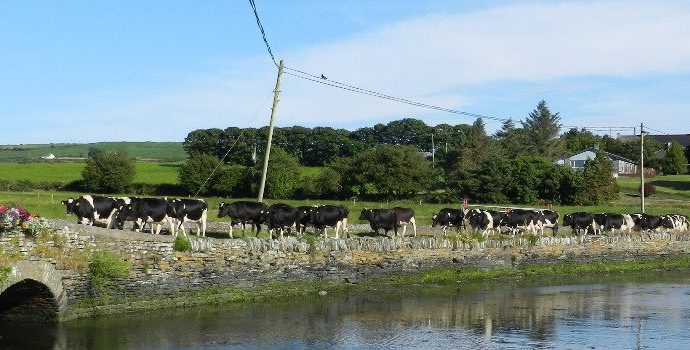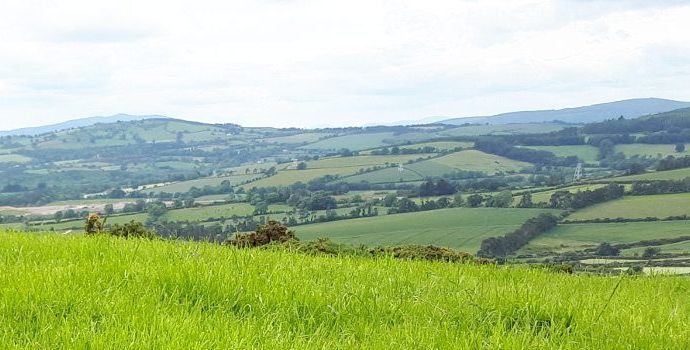Proposed EU Nature Law Needs Full Impact Assessment, IFA tells Oireachtas Cmttee

Ahead of addressing the Joint Oireachtas Committee on Agriculture this evening on EU Nature Restoration law, IFA Environment Chair Paul O’Brien said the law proposed by the EU Commission could have far reaching consequences for Irish agriculture as it will for the first-time place legally-binding restoration targets on Ireland.
“It’s vital the Government carries out a full impact assessment to understand the land area that could be affected, and to provide an estimation of the significant economic impact and social burden of the proposed restoration measures, as well as the cost of compliance.”
“The proposals could have knock-on consequences that could be far reaching for Irish agriculture, and what is needed now is a full impact assessment to understand both the economic and social consequences,” Paul O’Brien said.
“We must have balanced policy making where the full consequences of any new restoration law are properly assessed. We must have policy making based on data, not just on ideology,” he said.
The proposed regulation will require each Member State to develop a national restoration plan to clearly identify restoration measures, which together cover at least 20% of the EU’s land and sea area by 2030 and all ecosystems in need of restoration by 2050.
“It’s unclear as to the estimated land area that could be covered by restoration measures, let alone the farmland areas that could be directly impacted. It’s essential that we carry out a prior assessment of exactly how many hectares of agricultural land, forestry, and watercourses could be covered by this proposed regulation.”
“This is a fundamental regulation and before a legally-binding target is set, it’s imperative that the targets proposed are realistic, fair, and are not detrimental to the continuity of farming in Ireland,” he said.
Paul O’Brien also raised serious concerns around the lack of new funding outside of CAP to make the EU nature restoration targets achievable.
“Before the EU even contemplates this law, there must be a new dedicated funding mechanism,” he said.
Paul O’Brien concluded that is imperative that the property rights of farmers were respected and that all measures must be voluntary and only implemented in full agreement with the farmer.
Read Paul O’Brien’s opening statement in full here.




